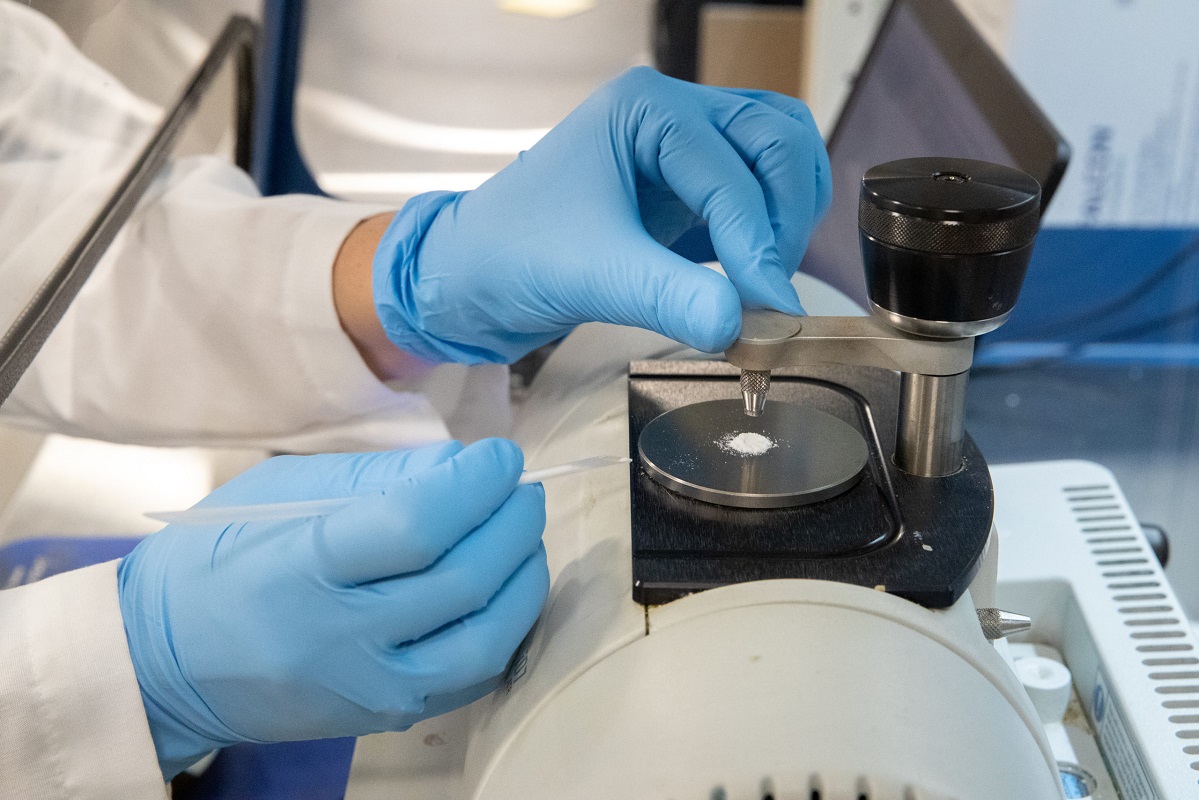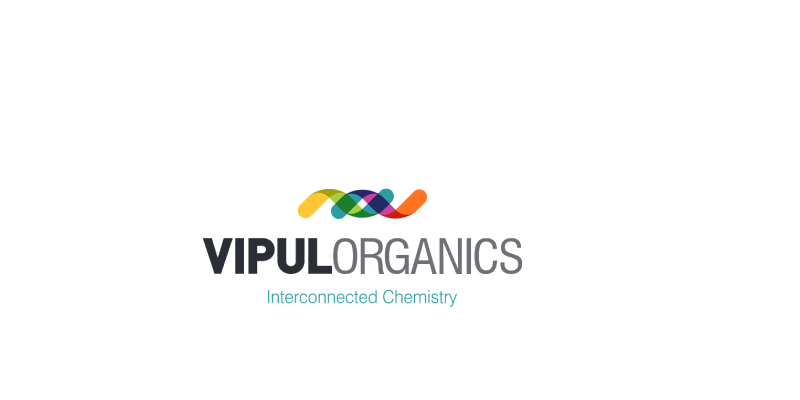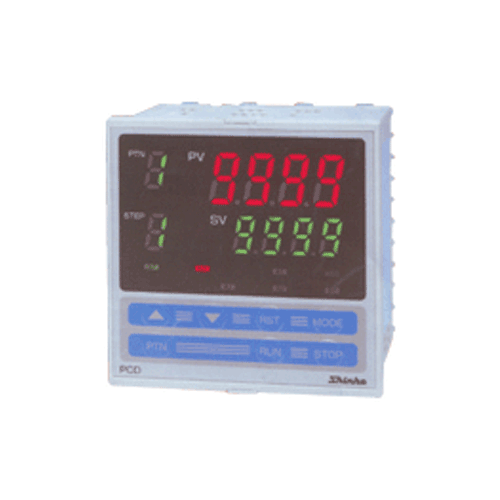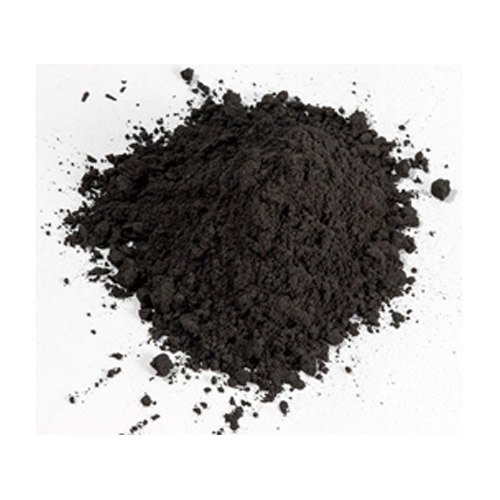Schedule a Call Back
CDSCO shuts down 36% of drug manufacturing units for failing quality standards
 Industry News
Industry News- Jun 29,24

Related Stories

Trump 2.0 may boost Indian pharma opportunities
Experts highlight that higher tariffs on Chinese goods might enable Indian firms to fill supply gaps in the US generic drug market, a critical region that accounts for 30% of Indian pharma sales and..
Read more
Vipul Organics announces Q2 results for FY 2024-25
Profit Before Tax (PBT) reached Rs 17.64 million, marking a significant rise of 64.72 % from the previous year's Q2.
Read moreLubrizol and Polyhose ink MoU to manufacture medical tubing in Chennai
This agreement reinforces Lubrizol’s commitment to Make-In-India and broadens a previously committed $350 million investment to support local manufacturing.
Read moreRelated Products

Programmable Controllers - Pcd-33a Series
Pro-Med Instruments (P) Ltd offers a wide range of programmable controllers - PCD-33A Series.

Gasket Graphite Powder
Arihant Packing & Gasket Company offers a wide range of gasket graphite powder.
Asahi Kasei expands 3D printing filament sales in North America
Asahi Kasei, a leading resin and compounding technology provider, has initiated the sales of 3D printing (3DP) filaments in North America through Asahi Kasei Plastics North America (APNA). The soft la Read more












